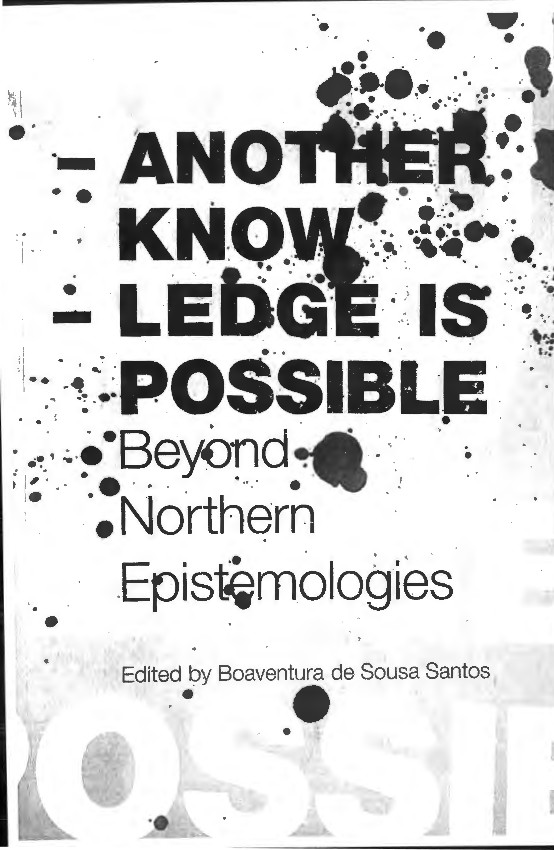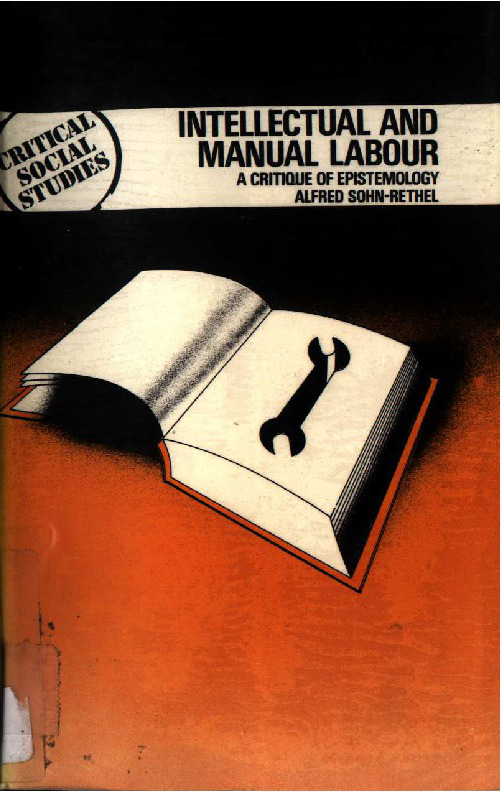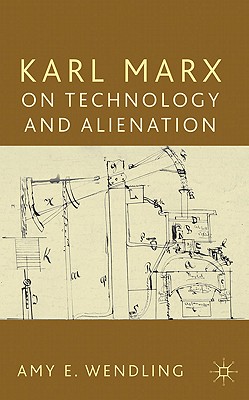Boaventura de Sousa Santos (ed.): Another Knowledge Is Possible: Beyond Northern Epistemologies (2007)
Filed under book | Tags: · biodiversity, capitalism, environment, epistemology, human rights, knowledge, medicine, neoliberalism, social movements

“The main argument of this book is that there is no global social justice without global cognitive justice. Probably more than ever, global capitalism appears as a civilizational paradigm encompassing all domains of social life. The exclusion, oppression, and discrimination it produces have not only economic, social, and political dimensions but also cultural and epistemological ones. Accordingly, to confront this paradigm in all its dimensions is the challenge facing a new critical theory and new emancipatory practices. Contrary to their predecessors, this theory and these practices must start from the premise that the epistemological diversity of the world is immense, as immense as its cultural diversity and that the recognition of such diversity must be at the core of the global resistance against capitalism and of the formulation of alternative forms of sociability.” (from the Introduction)
Another Knowledge Is Possible explores the struggles against moral and cultural imperialism and neoliberal globalization that have taken place over the past few decades, and the alternatives that have emerged in countries throughout the developing world from Brazil and Colombia, to India, South Africa and Mozambique. In particular it looks at the issue of biodiversity, the confrontation between scientific and non-scientific knowledges, and the increasing difficulty experienced by great numbers of people in accessing information and scientific-technological knowledge.
With contributions by Margarita Flórez Alonso, Luis Carlos Arenas, João Paulo Borges Coelho, Arturo Escobar, Yash Ghai, Maria Paula Meneses, João Arriscado Nunes, Lino João de Oliveira Neves, Mauricio Pardo, Shalini Randeria, Laymert Garcia dos Santos, Vandana Shiva, Carlos Frederico Marés de Souza Filho, Tewolde Berhan Gebre Egziabher, Shiv Visvanathan, and Thokozani Xaba.
Publisher Verso, London, 2007
ISBN 9781844672561
447 pages
via the editor, HT kris
PDF (single PDF, updated to an OCR’d version on 2014-5-9 via esco_bar)
PDF (PDF chapters)
Alfred Sohn-Rethel: Intellectual and Manual Labour: A Critique of Epistemology (1970–) [DE, EN, ES, PT]
Filed under book | Tags: · capitalism, commodity fetishism, economics, epistemology, Frankfurt school, knowledge, labour, marxism, philosophy, production, real abstraction, value

In this book, the economist and philosopher Alfred Sohn-Rethel attempts to “establish the relationship between the capitalist commodity form and the origin of the distinction between manual and intellectual labor. His theory of knowledge is constructed after an elaborate consideration and criticism of two schools of thought. On the one hand, he criticizes the effort of bourgeois science to assert the independent nature of science and to formulate ahistorical laws of the development of knowledge in terms of non-empirical, metaphysical characteristics of Reason. On the other hand, he also challenges orthodox Marxist theories of ideology in which knowledge is viewed as mechanistically derived from activity in the economic base.” (from a review by Gilda Zwerman, Theory and Society, 1982)
German edition
First published by Suhrkamp, Frankfurt am Main, 1970
Revised and expanded edition published by VCH, Weinheim, 1989
ISBN 352717690X
226 pages
via discofiasko
English edition
Publisher Macmillan, 1978
ISBN 0333230450
216 pages
via jlw
Commentary: Alberto Toscano (2005), N Pepperell (2007), David Black (2009), David Black (2013), Joseph Belbruno (2012), Ross Wolfe (2014).
New English edition in preparation
Geistige und körperliche Arbeit (German, revised ed., 1970/1989)
Intellectual and Manual Labour (English, 1978, 7 MB, OCR’d version added on 2014-5-4 via Marcell Mars)
Trabajo intelectual y trabajo manual (Spanish, 1979)
Trabalho espiritual e corporal (Portuguese, trans. Cesare Giuseppe Galvan, HTML, undated, unpaginated)
Amy E. Wendling: Karl Marx on Technology and Alienation (2009)
Filed under book | Tags: · alienation, capitalism, communism, labour, machine, philosophy, philosophy of technology, revolution, technology, thermodynamics, value, women, work

“In Karl Marx on Technology and Alienation, Amy Wendling draws on lesser known archival materials, including Marx’s notebooks on women and patriarchy and technology to offer a new interpretation of Marx’s concept of alienation as it develops throughout his works. For Marx, technology exemplifies the interaction between human beings and nature. Marx’s description of this interaction is in transition throughout his works. An older, humanist and vitalist paradigm sets the human being against nature as a qualitatively different type of force. A newer, thermodynamic paradigm sets the human being and nature in continuity. Marx’s work occurs at the juncture of these paradigms and contains elements of each. This affects his deployment of the concept ‘labor’. Labor is demoted from its status as a meaningful human activity that confers political status and mastery of the natural world, and it becomes a mere nodal point where energy is transferred. Against this backdrop, Marx increasingly appealed not to meaningful labor but to the abolition of labor as the culmination of human freedom. He also shows how the labours of members of the working class, including women, are interpreted in the old and new paradigms.”
Publisher Palgrave Macmillan, 2009
ISBN 0230224407, 9780230224407
272 pages
Reviews: Chris Arthur (Marx & Philosophy Review of Books, 2010), Richard Cotter (LSE Review of Books, 2013), Tom Bunyard (Historical Materialism, 2014), McKenzie Wark (Public Seminar, 2015).
Comment (0)
